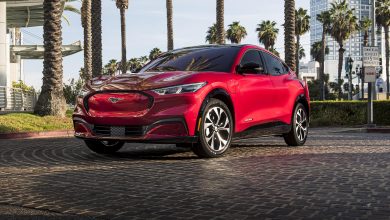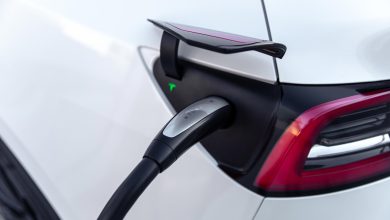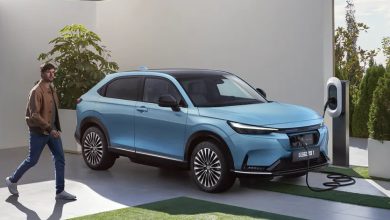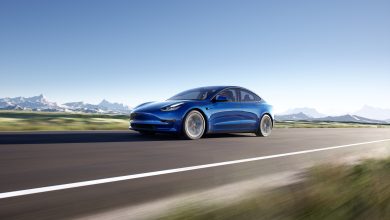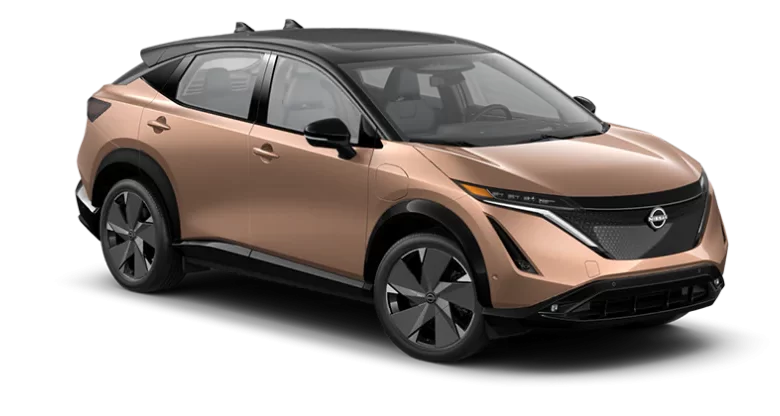
The United States and Japan signed a mineral supply chain agreement on March 27, 2023. Under the new agreement, electric vehicles built with metals processed in Japan will qualify for the $7,500 U.S. tax incentives as disclosed by trade minister Yasutoshi Nishimura.
In June 2022, the U.S. unveiled a multinational pact known as Minerals Security Partnership with Canada, Japan, and other countries with the aim of securing the supply chain of vital minerals like cobalt, lithium, manganese, graphite, and nickel.
The agreement also prohibits both nations from enacting bilateral export restrictions on the minerals that are most crucial for the production of EV batteries, as disclosed by a senior official in the Biden administration.
The deal is an attempt to reduce the dependence of both countries on China for the aforementioned minerals. Also, the collaboration was needed to fight the “non-market policies and practices” of other nations in the sector and conduct reviews of foreign investments in the supply chains of their vital minerals.
President Biden’s administration hopes to use mineral-centered trade deals to reel in trusted allies to key into the $7,500 tax credit per EV made possible by the Inflation Reduction Act signed into law in 2022.
Half of the credit for EV buyers is reserved for North American-assembled vehicles and batteries which has remained a source of tension between the U.S., South Korea, Japan, and the European Union, who have expressed concerns that the incentive will render their EVs uncompetitive.
The other half of the credit is hinged on a minimum of 40% of the value of critical minerals in the battery having been processed or extracted in the U.S. or a country that shares free trade agreement with the U.S. or recycled in North America.
The U.S. Treasury will announce rules on EV battery sourcing this week
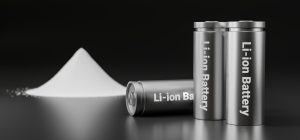
On March 22, 2023, the U.S. Treasury Department said it will unveil guidelines on sourcing requirements for EV battery tax subsidies under President Biden’s climate change law this week. This will be the first in a series of highly anticipated rules to regulate how broadly the tax credit can be used.
The clean energy industries including battery and auto have long awaited the guideline on complex questions pertaining to eligibility for hundreds of billions of dollars of incentives in the Inflation Reduction Act.
After reading out battery sourcing rules, officials said it is up to the Treasury to outline guidance around bonus tax credits for clean energy projects located in communities that depend on fossil fuel, those built with equipment that was produced locally, and those employing apprentices and paying workers prevailing wages.
The Treasury will also present guidance on selling and making tax credits refundable, thus, making them usable for entities without tax liability. The majority of the rules are targeted at solar panels and EV batteries which are key to Biden’s goals to fight climate change and decarbonize the U.S. economy.
When asked if the new trade agreement will qualify Japan-sourced components, vehicles, and batteries for a part of the tax credit, officials said it was up to the Treasury to decide. Since the mineral and trade agreement falls under the Treasury’s authority to negotiate sectoral trade agreements at an executive level, it doesn’t intend to seek congressional approval.
“Japan is one of our most valued trading partners and this agreement will enable us to deepen our existing bilateral relationships,” said Katherine Tai, U.S. Trade Representative. “This is a welcome moment as the United States continues to work with our allies and partners to strengthen supply chains for critical minerals, including through the Inflation Reduction Act.”
Japan and the U.S. have agreed to review the minerals agreement every two years. The review will determine if the agreement would be amended or terminated.
Battery supply constraint responsible for the shortfall in EV production
Automakers continue to invest billions of dollars into EVs. However, the transition of the industry to zero carbon emissions is held back by a shortfall in the battery supply chain. Ford CEO Jim Farley continues to emphasize the importance of building a supply chain in the U.S. for critical battery minerals.
“First of all, batteries are the constraint here,” Farley told Yahoo Finance Live. “Both lithium and nickel are really the key constraining commodities. We normally get those from all over the world—South America, Africa, and Indonesia. We want to localize that in North America, not just the mining but the processing of the minerals.”
According to Farley, even when the minerals are mined in the U.S., they are sometimes sent to China for processing. The U.S. has been trying to combat that through additional investments and grants including the recent deal with Japan.
“The big change is going to be onshore all that capability of processing but also mining back in the U.S.,” Farley said. “It will be a huge job, just like it has for semiconductors.”
Although the U.S. battery capacity has grown remarkably, China still accounts for over 70% of global EV battery production. Ford is on a $50 billion global electrification push. In an effort to hit that goal, Ford announced another $3.5 billion investment in a new battery facility in Marshall, Michigan in February.
“We have to get these materials from around the world until we localize the supply chain, which is what we want to do,” Farley said. “By the end of the year, we’ll secure all the raw materials to make the 2 million batteries by 2026 that we are going to need to go into our vehicles. We should be in good shape here.”
Related
Biden And EU Leader In Talks That Could Expand EVs That Qualify For U.S. Tax Credits
Elimination of Tax Credits On Imports Will Be A Massive Blow To Business – Hyundai

